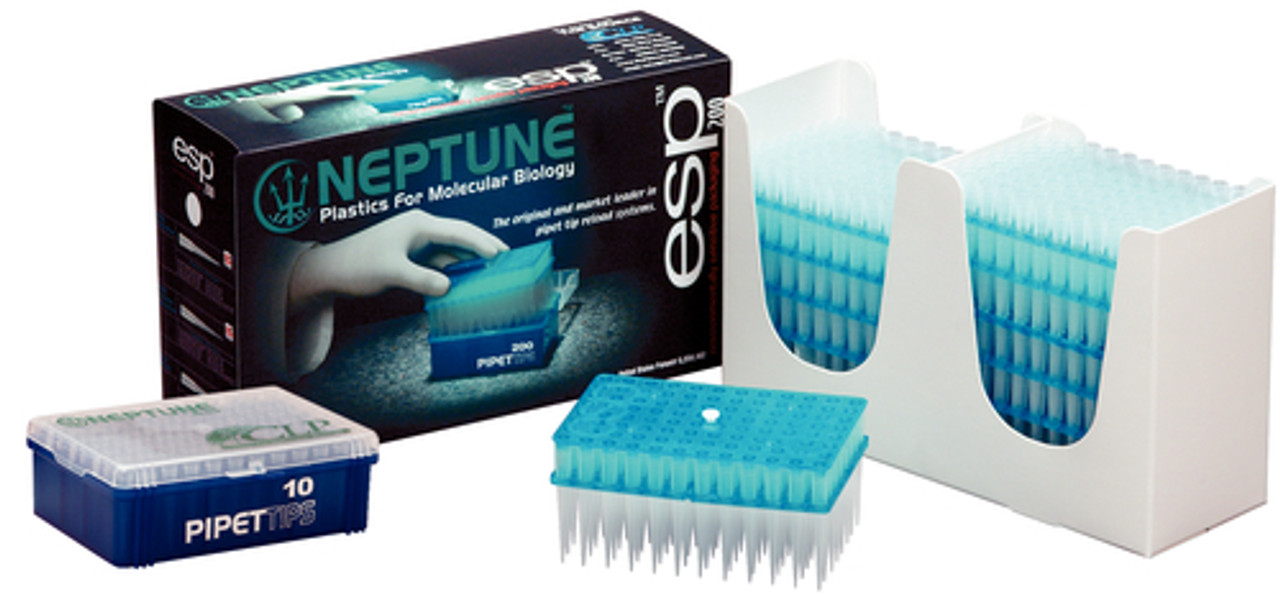In molecular research, precision, and accuracy are critical. Researchers continuously seek ways to improve their methodologies to ensure reliable results. This blog explores recent advancements in molecular research techniques, emphasizing practical and accessible innovations.
Precision in Pipetting Techniques
Pipetting is a fundamental technique in molecular research. Accurate measurement and transfer of liquids are essential for the success of various experiments, including PCR, qPCR, and sequencing. Even minor errors in pipetting can lead to significant variations in results.
Recent Innovations in Pipetting:
- Electronic Pipettes: These devices offer enhanced accuracy and repeatability compared to manual pipettes. They are programmable, reducing user variability and ensuring consistent performance.
- Multichannel Pipettes: Ideal for high-throughput experiments, multichannel pipettes allow simultaneous transfer of multiple samples, increasing efficiency and reducing the risk of errors.
- Ergonomic Designs: Modern pipettes are designed to reduce user strain, which is particularly important for researchers who spend long hours pipetting. Ergonomic designs help prevent repetitive strain injuries and improve overall efficiency.
Minimizing Contamination Risks
Contamination is a significant concern in molecular research. It can compromise data integrity and lead to experimental failures. Researchers employ various strategies to minimize contamination risks, particularly during sample handling and processing.
Strategies to Reduce Contamination:
- Barrier Tips: These tips are designed with a barrier that prevents aerosols and liquids from contaminating the pipette shaft. They are especially useful in applications requiring high sensitivity, such as PCR and qPCR.
- Sterile Consumables: Using sterile pipette tips, tubes, and reagents helps prevent the introduction of contaminants. Single-use consumables are preferred to avoid cross-contamination between experiments.
- Proper Lab Practices: Adhering to good laboratory practices, such as regularly cleaning work surfaces, wearing appropriate protective gear, and using designated areas for different types of experiments, significantly reduces contamination risks.
Enhancing Efficiency with Advanced Consumables
Laboratory consumables have undergone significant improvements, contributing to increased efficiency and accuracy in molecular research. These advancements not only streamline workflows but also enhance the reliability of results.
Key Innovations in Consumables:
- Low-Retention Tips: These tips are designed to reduce sample loss by minimizing liquid retention on the tip surface. This feature is particularly beneficial when working with small volumes or viscous liquids.
- Filter Tips: Similar to barrier tips, filter tips prevent contamination by trapping aerosols and preventing them from entering the pipette shaft. They are widely used in sensitive applications where contamination control is crucial.
| https://maxanim.com/equipments/consumable/neptune-barrier-tips/ |
| |||
| https://maxanim.com/equipments/consumable/neptune-barrier-tips/ |
| |||
|
|
| |||
|
|
| |||
|
|
| |||
|
|
| |||
|
|
| |||
|
|
|

- Automation-Compatible Consumables: Consumables designed for use with automated systems facilitate high-throughput workflows. These products ensure compatibility with robotic platforms, reducing manual handling and increasing throughput.
Sustainable Practices in Molecular Research
Sustainability is becoming a key consideration in molecular research. Laboratories are adopting eco-friendly practices to reduce waste and minimize their environmental footprint. Innovations in laboratory consumables play a significant role in this movement.
Sustainable Consumable Options:
- Recyclable Tips and Tubes: Some manufacturers offer pipette tips and tubes made from recyclable materials. These products help reduce plastic waste and support sustainability initiatives in the lab.
- Biodegradable Consumables: Biodegradable options are available for certain laboratory consumables. These products break down more easily in the environment, reducing long-term pollution.
- Reusable Glassware: Where feasible, replacing disposable plastic consumables with reusable glassware can significantly reduce waste. Glassware can be sterilized and reused multiple times, making it an eco-friendly alternative.
Future Directions in Molecular Research
The future of molecular research is bright, with continuous advancements in technology and methodology driving progress. Researchers are exploring new ways to enhance precision, efficiency, and sustainability in their work.
Emerging Trends and Innovations:
- Microfluidics: This technology enables precise manipulation of small liquid volumes in microchannels. Microfluidic devices are used in various applications, including DNA sequencing, cell analysis, and diagnostics.
- Lab-on-a-Chip Systems: Integrating multiple laboratory functions on a single chip, these systems allow high-throughput analysis with minimal sample and reagent use. Lab-on-a-chip technology is expected to revolutionize molecular research by enabling rapid and cost-effective experiments.
- AI and Machine Learning: Artificial intelligence and machine learning are increasingly being applied to analyze complex data sets in molecular research. These technologies can identify patterns and insights that would be challenging to detect using traditional methods.
Advancements in molecular research techniques are driving progress in the field. From precision pipetting and contamination control to sustainable practices and emerging technologies, researchers have a wealth of tools and methodologies at their disposal. By embracing these innovations, the scientific community can continue to push the boundaries of discovery and contribute to significant advancements in our understanding of molecular biology.